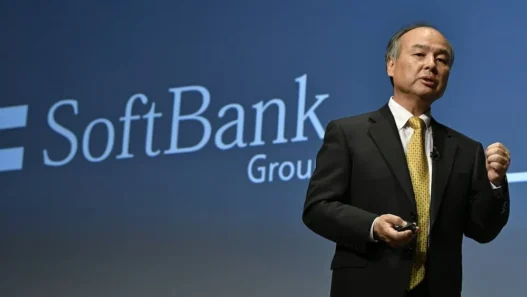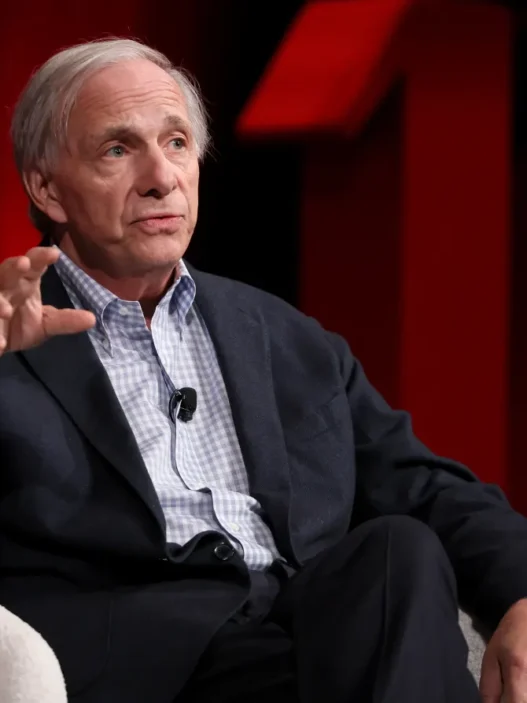The job market in the United States has shown signs of resilience in recent months, but a troubling trend is emerging beneath the surface: recent college graduates are falling behind. Bank of America (BofA) analysts report that the unemployment rate for newly minted degree-holders is climbing at a faster rate than that of the general workforce, raising concerns about the ability of young Americans to secure stable careers in a post-pandemic economy.
The Alarming Data
According to BofA’s labor market analysis, unemployment among recent college graduates has risen steadily over the past year, even as broader unemployment figures remain relatively stable. While the overall U.S. jobless rate hovers near historic lows, the cohort of young professionals—typically defined as those aged 22–27 who have graduated in the last few years—is experiencing heightened job insecurity.
“Graduates are entering a labor market that looks strong on the surface but is becoming increasingly competitive and selective,” said BofA’s chief U.S. economist. “The sectors that traditionally absorb new graduates—tech, finance, and professional services—have been tightening hiring or cutting staff.”
Why Are Grads Struggling More?
1. Tech and Finance Slowdowns
Major employers in technology and financial services, once prime destinations for new graduates, have scaled back recruitment amid rising costs, slower growth, and restructuring. Layoffs in Silicon Valley and Wall Street firms mean fewer entry-level positions and internships are available.
2. Higher Employer Expectations
Companies are increasingly looking for candidates with prior experience, even at the entry level. This “experience trap” disadvantages fresh graduates, who often leave university with academic credentials but limited real-world exposure.
3. Rising Competition from Non-Graduates
Employers facing higher labor costs are rethinking hiring strategies, with some opting for workers who have vocational training or certifications rather than four-year degrees. This shift puts graduates in direct competition with non-degree holders in industries like healthcare, logistics, and skilled trades.
4. Economic Uncertainty
High interest rates and concerns about a potential slowdown in consumer spending are prompting businesses to be cautious in expanding payrolls. Entry-level hires are often the first to be deferred or cut.
Long-Term Implications
The trend poses risks not only for individuals but for the broader economy. When recent graduates struggle to find work, they often take jobs below their qualifications, leading to “underemployment.” This mismatch suppresses wages, reduces productivity, and delays wealth accumulation, including homeownership and retirement savings.
Economists warn that a prolonged period of higher unemployment among new graduates could result in a “scarring effect,” where early career setbacks have lasting impacts on lifetime earnings. Studies from previous downturns show that graduates entering weak labor markets earn less over their lifetimes compared to peers who graduate during stronger economies.
Graduates Are Adapting
Despite the headwinds, some young workers are pivoting successfully. Many are turning to fast-growing industries like renewable energy, healthcare technology, and cybersecurity, where demand remains strong. Others are leveraging remote work opportunities and gig economy platforms to build experience and income while searching for more stable roles.
Graduate schools and universities are also adapting, with expanded career services, partnerships with employers, and more emphasis on vocational training alongside academic degrees.
Policy and Employer Responses
BofA’s findings have sparked debate among policymakers and business leaders about how best to support this vulnerable group. Proposals include:
- Incentivizing entry-level hiring through tax breaks or subsidies.
- Expanding apprenticeship programs to bridge the gap between education and work experience.
- Encouraging investment in future-oriented sectors that are more likely to generate sustainable, high-paying jobs for graduates.
Employers, for their part, are being urged to reconsider job postings that demand multiple years of experience for entry-level positions, which often deter otherwise qualified young candidates.
Conclusion: A Generation at Risk of Falling Behind
While the U.S. labor market overall remains robust, the struggles of recent graduates are a warning signal. Rising unemployment among young professionals could have long-term consequences if left unaddressed, both for individuals and the economy as a whole.
As Bank of America emphasizes, this isn’t just about job numbers—it’s about the future of a generation entering adulthood under increasingly difficult conditions. Whether through policy changes, employer flexibility, or innovative career pathways, the U.S. must ensure its newest workers can find the opportunities they were promised.






















